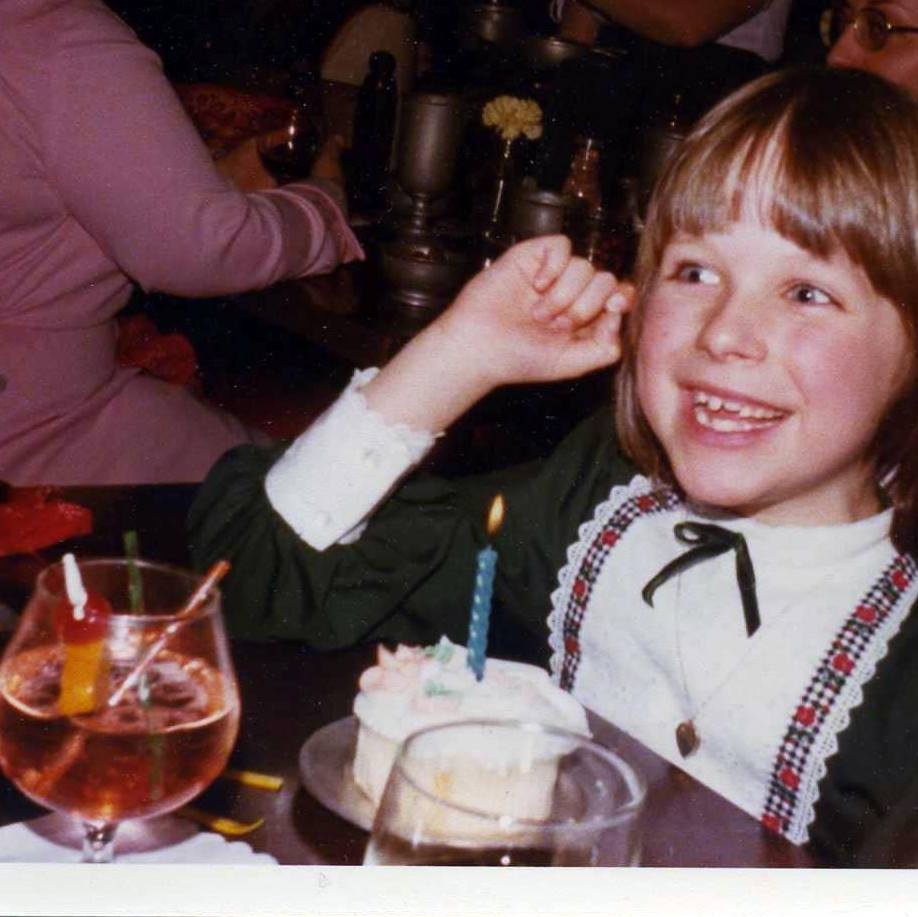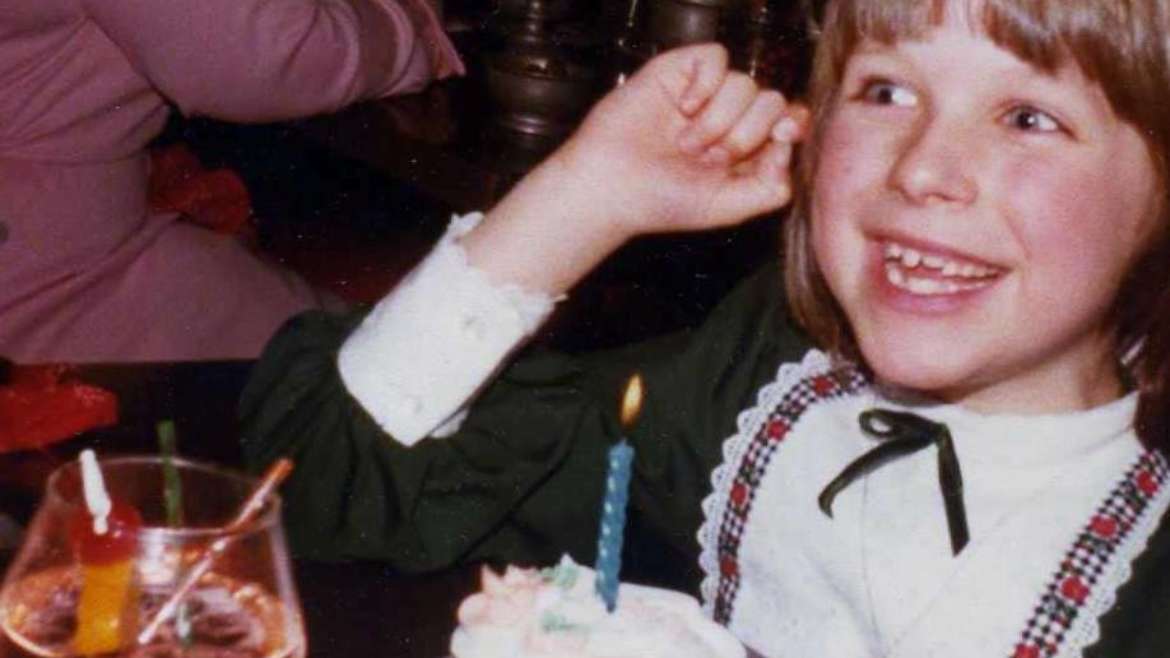
It did not come naturally to me to conform.
I was a strong-willed only child, used to making up the rules of games I played alone. If other kids weren’t interested in doing what I wanted, it didn’t trouble me to continue amusing myself.
In middle school, the social consequences for pursuing my own wants and needs surprised me.
On more than one occasion, I wore an outfit to school that I thought was fun and creative, only to feel the disapproval and mocking from other kids.
One of the popular girls once told me, “You’d be pretty if you curled your hair.” In retrospect, I think she was trying to be helpful, to show me the way to fitting in, but at the time, I felt hurt and offended. So I’m not pretty because I don’t do my hair like yours?
A boy I liked platonically invited me to his birthday party. I didn’t have plans, so I asked my mom to give me a ride. I arrived to find I was the only girl there, because it had not occurred to me to ask around to see if other girls were going.
Eventually, I clued in. Girls ask each other what they’re wearing to the dance and what time they’re going, then disappear into the bathroom in giant giggling herds to decide collectively what to do or not do in response to a boy’s action.
I learned the rules and I got reasonably good at them. But I never liked them.
Learning to play the game pays off
It’s served me well to learn to read social cues.
Motivated by my awkward teenage years, I starting paying attention to how groups worked. I feel like an amateur sociologist, fascinated by our collective behavior.
I’m good at reading the nuance in a hostile email and identifying what the sender is really trying to accomplish. On more than one freelance project, I’ve read the complex company politics of the client, helping me navigate not just delivering results but understanding what my contact needed to make the project a success.
We are pack animals. Evolutionarily, it served us well to care whether we were following the rules of the tribe. We didn’t want to risk losing the collective protection of the herd.
I’m not saying I was wrong to get with the program. It’s helped me professionally and socially to read and adapt to social cues.
It’s just time to refine how I let that information constrain my evolution.
Are other people really judging me? Do I care?
In certain ways, I am comfortable letting my inner child come out to play.
I have taken cupcakes to the office to celebrate my birthday and I had a bouncey castle to celebrate my graduation from business school. I love waterslides, parades and fireworks.
But I still hear the clucking of the middle school popular girls. I worry:
- Will I be too weird?
- Will I be too much?
- Will I make a choice that’s too different from what they expect?
It was painful feeling like a social misfit. I desperately wanted to be included, to be pretty and popular enough to be a cheerleader invited to the cool parties, and the part of me that ached for that adolescent approval still scolds me when I make a choice that might leave me ostracized.
But middle school was basically a random selection of kids who happened to live in the same half of the school district I did. We weren’t together because we shared interests, values, goals or family. It was purely ZIP code.
Here’s the big shift: Now I get to choose my peer group and they get to choose me.
Sales guru Michael Port advises how to succeed as an entrepreneur: You aren’t a fit for everyone, and the more you waste time serving customers who aren’t right for you, the less time you have to find and serve those who are the best match for what you do.
I think the same is true of our social circles.
If we worry about the approval of people whose values don’t align with ours, we limit ourselves.
When I’ve heard or felt judgment, I’ve recently started to ask myself, “Is this someone whose opinion I respect and value? Would I like to pattern my choices after theirs?”
Not that a random stranger can’t occasionally see straight through to give me the exact input I need, but overall, I want to be careful who I’m benchmarking against. You’ve surely heard the idea that you are the average of your five closest friends?
If I’m honest, though, that critical voice I hear is often my own. When I’m pushing into new territory, instead of simply thinking “I’m scared,” my brain becomes a ventriloquist and sounds like others disapproving. It’s tricky that way.
Actually, though, do many people have time to care if I do something weird? Or if I try something and fail? Or are they too busy living their own lives?
At age 20, we worry about what others think of us.
At age 40, we don’t care what they think of us.
At age 60, we discover they haven’t been thinking of us at all.
Related blog posts:
- Authenticity implies there’s only one you
- Do you value creativity? Or do you prefer the safety of the familiar?
- A Guide to Dealing with Dissatisfaction with Ourselves: Reblog from Zen Habits
- Blogversation 2012: What’s your experience with ending friendships?
- How do you make friends? Do you seek out people you want in your life?
- Make time for close relationships this week
- Maybe it’s not a midlife crisis but the happiness U-curve instead

